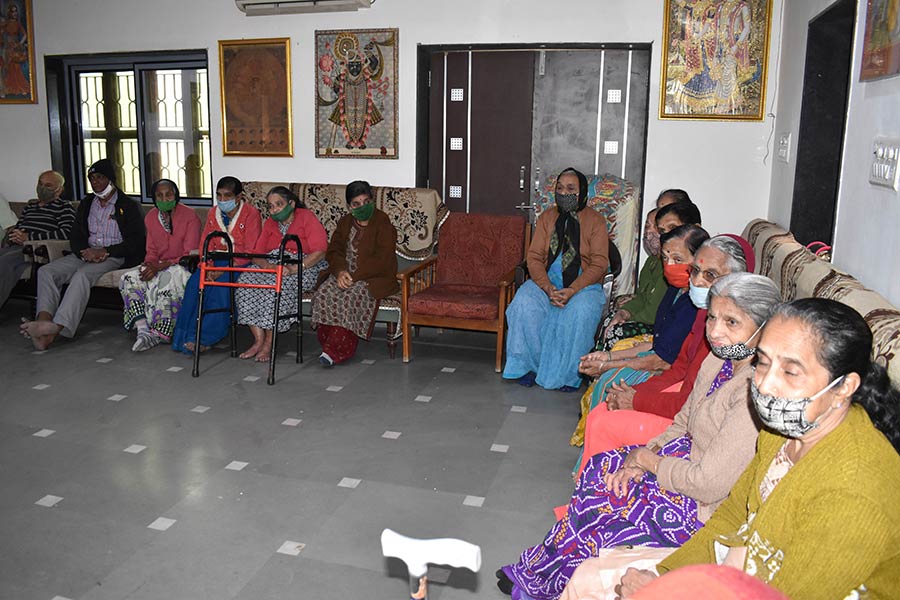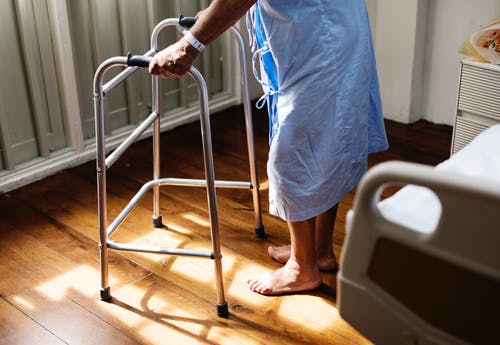Cognitive and social activity in midlife may significantly reduce men’s risk of dementia, says a U.S. study. Being socially active in your 50s and 60s may help lower the risk of developing dementia in later life. The studies have also found that someone who saw a friend almost daily at the age of 60 was 12% less likely to develop dementia than someone who only saw one or two friends every few months. There was a similar strong association between social contact at the ages 50 and 70 and subsequent dementia, while those associations did not reach statistical significance, the researchers say that social contact at any age may well have a similar impact on reducing dementia risk.
Social contact to mid to late be similarly correlated with general cognitive measure, in many of the studies. Spending more time with friend could also be good for mental wellbeing, and may correlate with being physically active, both of which can also reduce the risk of developing dementia.
Some studies have suggested that levels of social interaction can predictive cognitive decline and even dementia, while others have shown that group socializing can prevent the harmful effects of aging on memory.
In Indian context, the joint families are often invoked as a keystone in the social support and healthy aging. However, this social support system has been changing over the past few decades. Many social and demographic explanations have been proposed for changes in the traditional support systems for older adults in India. Changes in social customs in urban Indian society in recent years, the expected doubling of the elderly population by the year 2021, decrease in the number of young caregivers by declining birth rates and the out migration of children of aged parents from villages to towns and cities, and the break up of the traditional Indian joint family structure combined with the low educational and economical status of many of the elderly in the rural areas have been invoked as barriers to healthy aging in India.




